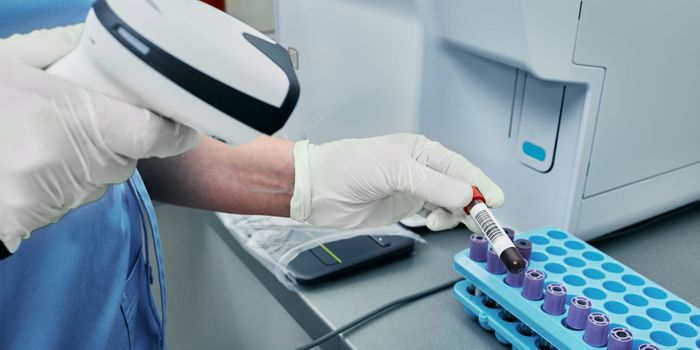Researchers Link Parkinson's Disease and the Appendix
Researchers have found that when a person’s appendix is removed early in life, it reduced their chances of getting Parkinson’s disease by 19 to 25 percent. The appendix holds alpha-synuclein proteins that are not folded correctly. Those proteins have been connected to the onset and progressions of Parkinson’s. The work, which was reported in Science Translational Medicine, also confirmed that the immune system and the gut play roles in the development of the disease.
"Our results point to the appendix as a site of origin for Parkinson's and provide a path forward for devising new treatment strategies that leverage the gastrointestinal tract's role in the development of the disease," said the senior author of the report, Viviane Labrie, Ph.D., an assistant professor at Van Andel Research Institute (VARI). She is featured in the video below. "Despite having a reputation as largely unnecessary, the appendix actually plays a major part in our immune systems, in regulating the makeup of our gut bacteria and now, as shown by our work, in Parkinson's disease."
Generally, people that had an appendectomy were 19 percent less likely to get the disease, years before the onset of the disease. If it had been taken out after the illness began, there was no effect. Even in those who eventually got the disease, an appendectomy seemed to add about 3.6 years to the age of diagnosis.
The effect was more drastic in people that lived in rural areas - they were 25 percent less likely to develop the illness. Parkinson’s tends to be more prevalent in rural areas; it’s been thought that pesticide exposure is to blame.
Appendectomies had no impact on people with a family history of the disease, however. Genetic factors are responsible for around ten percent or less of Parkinson’s cases.
"Our findings today add a new layer to our understanding of this incredibly complex disease," noted first author Bryan Killinger, Ph.D., a postdoctoral fellow in the Labrie laboratory. "We have shown that the appendix is a hub for the accumulation of clumped forms of alpha-synuclein proteins, which are implicated in Parkinson's disease. This knowledge will be invaluable as we explore new prevention and treatment strategies."
The researchers identified clumps of alpha-synuclein proteins in the appendixes of both Parkison’s patients and healthy people. It had been assumed that alpha-synuclein clumps were a hallmark of Parkinson’s that would not be found in healthy people.
"We were surprised that pathogenic forms of alpha-synuclein were so pervasive in the appendixes of people both with and without Parkinson's. It appears that these aggregates, although toxic when in the brain, are quite normal when in the appendix. This clearly suggests their presence alone cannot be the cause of the disease," Labrie said. "Parkinson's is relatively rare - less than one percent of the population - so there has to be some other mechanism or confluence of events that allows the appendix to affect Parkinson's risk. That's what we plan to look at next; which factor or factors tip the scale in favor of Parkinson's?"
This study used data from two large health databases. One was the Swedish National Patient Registry, containing health information for the entire population of Sweden since 1964 - or 1,698,000 people followed for up to 52 years. The other was from Parkinson's Progression Marker Initiative (PPMI), which has a variety of Parkinson’s patient information.
Sources: AAAS/Eurekalert! via Van Andel Research Institute, Science Translational Medicine









